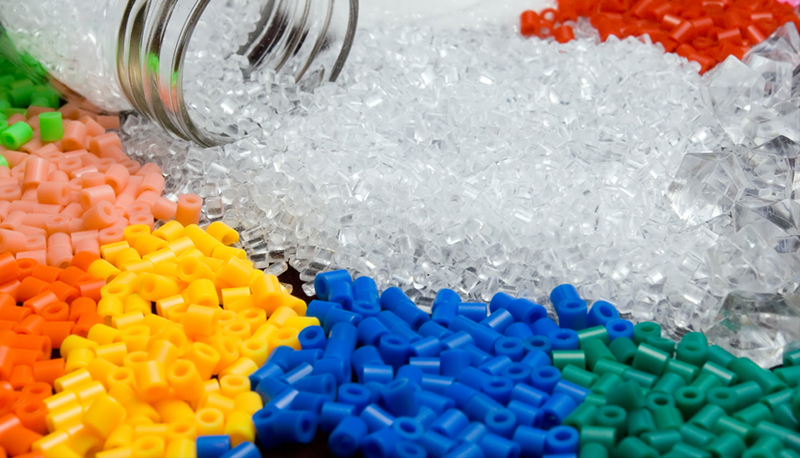What Plastics are used in Injection Molding?
A wide variety of plastic materials can be used in injection molding, including:
advantages of plastic injection molding:
Acrylonitrile Butadiene Styrene (ABS):
A thermoplastic polymer that is known for its toughness, impact resistance, and heat resistance.
Polycarbonate (PC):
A thermoplastic polymer that is known for its high strength, transparency, and heat resistance.
Polypropylene (PP):
A thermoplastic polymer that is known for its stiffness, chemical resistance, and heat resistance.
Polyethylene (PE):
A thermoplastic polymer that is known for its flexibility, low density, and chemical resistance.
Polyamide (PA):
A thermoplastic polymer that is known for its strength, stiffness, and heat resistance.
Polystyrene (PS):
A thermoplastic polymer that is known for its low cost, transparency, and ease of processing.
Polyethylene terephthalate (PET):
A thermoplastic polymer that is known for its transparency, strength, and durability.
Polyurethane (PU):
A thermoset polymer that is known for its toughness, flexibility, and abrasion resistance.
Polyphenylene oxide (PPO):
A thermoplastic polymer that is known for its high heat resistance, strength, and dimensional stability.
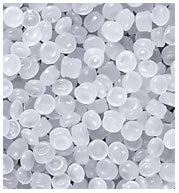
ABS
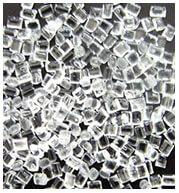
PC
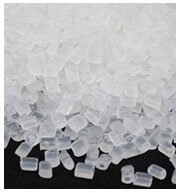
PP
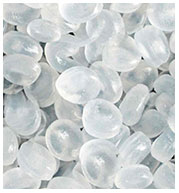
PE
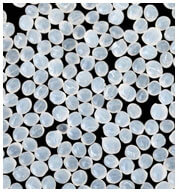
PA
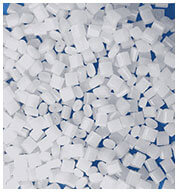
PS
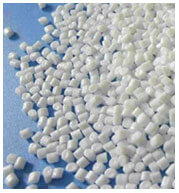
PET
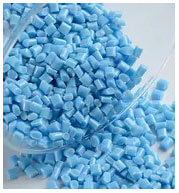
PU
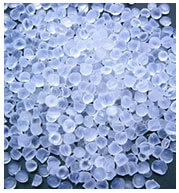
PPO


